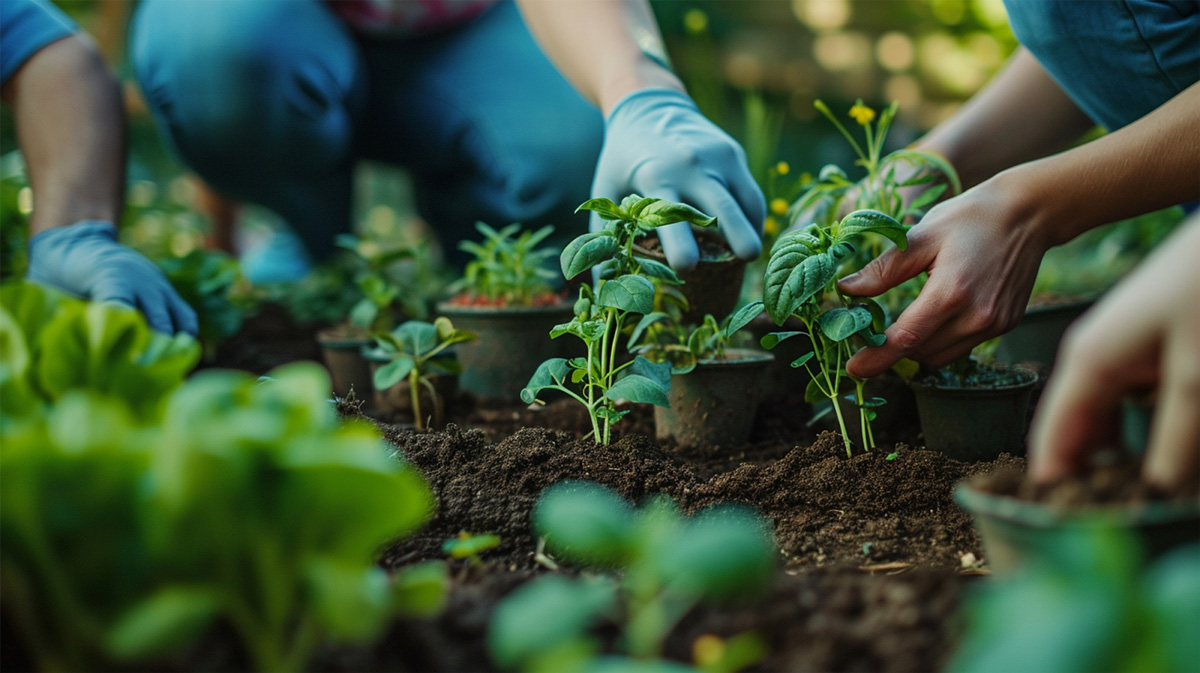Introduction
Permaculture is more than just a method of farming; it’s a design that seeks to create sustainable and self-sufficient ecosystems. The term is a fusion of “permanent” and “agriculture” with an aim of creating agricultural systems that can endure over time. At its core, permaculture emphasizes working with nature rather than against it, drawing inspiration from natural ecosystems to design resilient agricultural landscapes.
Promotes Biodiversity
One of the fundamental principles of permaculture is promoting biodiversity. In traditional agricultural systems, growing a single crop over vast areas can lead to soil degradation and pest outbreaks. In contrast, permaculture encourages planting a diverse range of species, including fruits, vegetables, herbs and flowers. This diversity not only improves soil health but also attracts beneficial insects and pollinators, creating a balanced ecosystem that is more resistant to pests and diseases.
Enhances Soil Health
Healthy soil is the backbone of sustainable agriculture. Permaculture practices focus on building and maintaining soil fertility through organic methods. Techniques such as composting, mulching and cover cropping help enrich the soil with nutrients, improve its structure, and enhance its water-retention capacity.
Efficient Water Management
Water scarcity is a pressing issue in many regions, making effective water management essential for sustainable agriculture. Permaculture employs innovative techniques such as swales (contoured ditches), rainwater harvesting systems and ponds to manage water resources efficiently. These methods not only conserve water but also reduces erosion and creates microclimates that benefit plant growth.
Reduces Waste
Permaculture emphasizes a “waste not, want not” philosophy. By designing systems that recycle waste products, such as kitchen scraps and yard waste, permaculture practitioners can create a closed-loop system. Composting not only reduces landfill waste but also produces nutrient-rich soil amendments. Additionally, integrating animals into the system can help manage waste while providing valuable resources like manure for fertilization.
Conclusion
Permaculture offers a compelling vision for a sustainable future, one that harmonizes human needs with the health of the planet. As we face the challenges of climate change and resource depletion, adopting permaculture principles can help us cultivate a more sustainable world for generations to come. Whether you’re a seasoned gardener or just starting your journey, embracing permaculture can be a powerful step toward a healthier planet.
Comments are closed.




